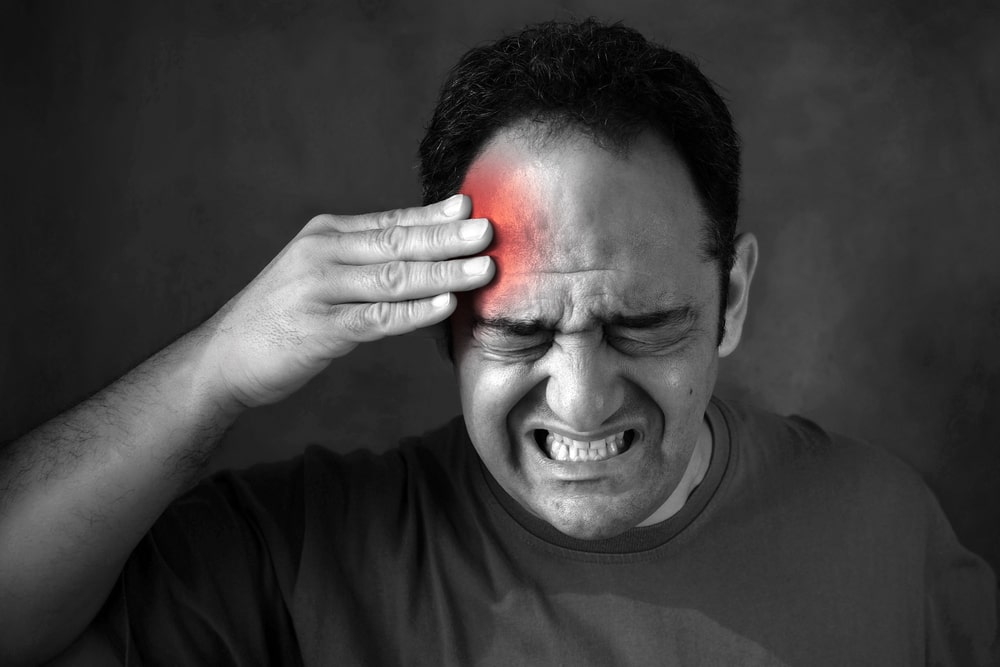Will Toothache Cause Headache

Toothaches and headaches are two of the most common types of pain experienced by individuals. While they may seem like separate issues, there is a significant connection between the two. In this article, we will delve into the relationship between toothaches and headaches, exploring the possible causes and mechanisms that link these two types of pain.
The Anatomy of Pain
To understand how a toothache can cause a headache, it’s essential to comprehend the anatomy of pain. Pain is a complex phenomenon that involves the transmission of signals from the affected area to the brain. The trigeminal nerve, which is responsible for facial sensation, plays a crucial role in this process. The trigeminal nerve has three branches: the ophthalmic, maxillary, and mandibular. The maxillary and mandibular branches innervate the teeth, gums, and surrounding tissues, while the ophthalmic branch innervates the eyes and forehead.
The Connection Between Toothaches and Headaches
When a tooth becomes infected or inflamed, it can stimulate the trigeminal nerve, leading to the transmission of pain signals to the brain. This can cause a toothache, which is typically characterized by sharp, stabbing pain in the affected tooth. However, the pain doesn’t always remain localized. The trigeminal nerve can also refer pain to other areas of the face, including the head, causing a headache.
There are several mechanisms that can contribute to the development of a headache from a toothache:
- Referred pain: As mentioned earlier, the trigeminal nerve can refer pain from the teeth to other areas of the face, including the head. This is because the nerve fibers that transmit pain signals from the teeth converge with those that transmit pain signals from the head, causing the brain to perceive pain in both areas.
- Muscle tension: Toothaches can cause individuals to clench or grind their teeth, leading to muscle tension in the jaw and face. This tension can radiate to the head, causing a headache.
- Inflammation: Infected or inflamed teeth can release chemical mediators that stimulate the trigeminal nerve, leading to the transmission of pain signals to the brain. This inflammation can also spread to surrounding tissues, including the sinuses and temples, causing a headache.
- Neurovascular mechanisms: Some research suggests that toothaches can trigger the release of neurovascular mediators, such as serotonin and calcitonin gene-related peptide (CGRP), which can cause blood vessels to dilate and lead to headache pain.
Types of Headaches Associated with Toothaches
Toothaches can cause different types of headaches, including:
- Tension headaches: These headaches are characterized by a dull, aching pain on both sides of the head and are often associated with muscle tension in the jaw and face.
- Migraines: Some individuals may experience migraines, which are characterized by severe, throbbing pain on one side of the head, often accompanied by sensitivity to light and sound.
- Cluster headaches: These headaches are characterized by severe, piercing pain on one side of the head, often accompanied by nasal congestion and eye watering.
Diagnosis and Treatment
Diagnosing the cause of a headache can be challenging, especially when it’s related to a toothache. A thorough medical and dental history, as well as a physical examination, are essential to determine the underlying cause of the pain. Treatment typically involves addressing the underlying dental issue, such as filling a cavity or extracting an infected tooth. Additionally, pain management strategies, such as over-the-counter pain relievers or prescription medication, may be necessary to alleviate headache symptoms.
Can a toothache cause a headache on both sides of the head?
+Yes, a toothache can cause a headache on both sides of the head, especially if the pain is referred from the teeth to the trigeminal nerve. However, it's more common for the pain to be unilateral, affecting one side of the head.
How long does it take for a headache to develop from a toothache?
+The time it takes for a headache to develop from a toothache can vary depending on the individual and the underlying cause of the pain. In some cases, the headache can develop within minutes of the toothache, while in others, it may take hours or even days.
Can a headache caused by a toothache be prevented?
+Yes, a headache caused by a toothache can be prevented by addressing the underlying dental issue promptly. Regular dental check-ups, good oral hygiene, and avoiding activities that can trigger toothaches, such as grinding or clenching the teeth, can help prevent headaches.
In conclusion, toothaches and headaches are intricately linked, with toothaches having the potential to cause headaches through various mechanisms, including referred pain, muscle tension, inflammation, and neurovascular mechanisms. Understanding the connection between these two types of pain can help individuals seek proper treatment and prevent future episodes of pain. By addressing the underlying dental issue and using pain management strategies, individuals can alleviate headache symptoms and improve their overall quality of life.


